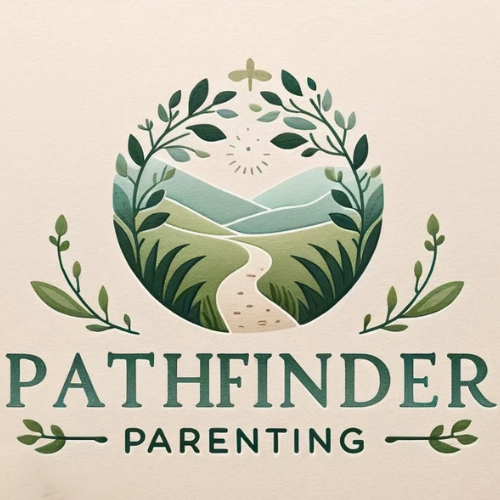There’s a world of milestones and developmental markers to keep an eye on as a parent, caregiver, or educator. Understanding the early signs of learning or developmental challenges can make a significant difference in a child’s life. In this informative post, you will learn how to recognize these signs and seek early intervention to support children in reaching their full potential.
Key Takeaways:
- Early intervention is key: Recognizing and addressing learning or developmental challenges early can have a significant impact on a child’s future success.
- Signs may vary: Signs of learning or developmental challenges can manifest differently in each child, so it’s important to look out for a range of potential indicators.
- Seek professional guidance: If you notice any concerning signs of learning or developmental challenges in a child, it’s crucial to consult with healthcare professionals or educators for proper assessment and intervention.
Identifying Red Flags
Delays in Speech and Language Development
To recognize early signs of learning or developmental challenges, pay attention to delays in speech and language development. For example, if your child is not babbling by 9 months, saying simple words by 12-15 months, or speaking in short sentences by 24 months, it could be a red flag. Consulting with a speech therapist or developmental pediatrician can help provide early intervention to support your child’s communication skills.
Difficulty with Social Interactions and Play
Difficulty with social interactions and play can also be a red flag for learning or developmental challenges. If your child avoids eye contact, has trouble taking turns, or struggles to engage in pretend play with peers, it may indicate underlying issues. Plus, if your child consistently prefers to play alone or shows limited interest in interacting with others, it’s crucial to seek guidance from a child psychologist or behavioral therapist to address these challenges early on.
Cognitive and Academic Challenges
Struggles with Reading and Writing
On your journey in recognizing early signs of learning or developmental challenges, it’s important to pay attention to any struggles your child may have with reading and writing. Difficulty in decoding words, forming sentences, or expressing thoughts coherently could indicate underlying issues that need to be addressed.
Difficulty with Math Concepts and Problem-Solving
Difficulty with understanding math concepts and problem-solving can be another early sign of cognitive challenges. If your child finds it hard to grasp basic arithmetic, struggles with problem-solving strategies, or has trouble recognizing patterns, it may be a red flag for further evaluation and support.
This could manifest in various ways, such as not understanding the language of math, struggling with basic calculations, or having difficulty with logical reasoning in math problems.

Emotional and Behavioral Signs
Many children may exhibit emotional and behavioral signs that could indicate potential learning or developmental challenges.
Frequent Meltdowns and Mood Swings
On your journey of recognizing early signs of challenges, pay attention to frequent meltdowns and mood swings in your child. These intense emotional reactions could be a sign of underlying difficulties that need to be addressed.
Avoidance Behaviors and Sensory Issues
One aspect to consider is avoidance behaviors and sensory issues. If your child consistently avoids certain activities or environments, or displays heightened sensitivity to lights, sounds, or textures, it might be worth exploring further.
Sensory issues can manifest in various ways, such as being overwhelmed by loud noises or avoiding certain clothing textures. These challenges can impact your child’s ability to engage in daily activities and may require professional intervention to address.
To wrap up
Conclusively, being proactive in recognizing early signs of learning or developmental challenges in yourself or your loved ones can make a significant difference in seeking timely intervention and support. By staying observant and informed, you can ensure that necessary steps are taken to promote growth and development in a positive and nurturing manner. Be mindful of, early detection leads to early intervention, which is key in helping individuals reach their full potential.

